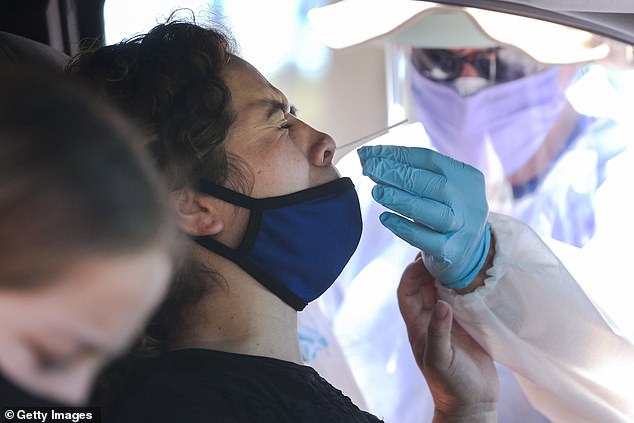by Marina Fang
New COVID-19 testing guidelines released this week by the Centers for Disease Control and Prevention say that people without symptoms do not need to be tested even if they have been in close contact with someone who tested positive, quietly reversing previous guidance that recommended testing “for all close contacts of confirmed or probable COVID-19 patients.”
The agency’s revised guidelines go against public health experts’ consensus that people with COVID-19 tend to be most contagious before they begin to show symptoms, as well as the fact that some people will never show symptoms at all but can still spread the virus. That is why experts have recommended widespread testing as a crucial element in containing the disease.
The new guidelines state that pre-symptomatic or asymptomatic people “do not necessarily need a test unless you are a vulnerable individual or your health care provider or State or local public health officials recommend you take one.” This applies even to people who have been in close contact with someone infected with COVID-19 — which the agency defines as within 6 feet for at least 15 minutes — but are not showing symptoms, and those “in a high COVID-19 transmission area and have attended a public or private gathering of more than 10 people (without widespread mask wearing or physical distancing).”
Yet further down in the guidelines, the agency still stresses that “it is important to realize that you can be infected and spread the virus but feel well and have no symptoms.”
It’s unclear what prompted the revision. In many states, officials have reported testing delays and backlogs. But a Department of Health and Human Services spokesperson told The New York Times Tuesday that the altered guidelines were not due to testing shortages, but “to reflect current evidence and the best public health interventions.” Huffpost.



